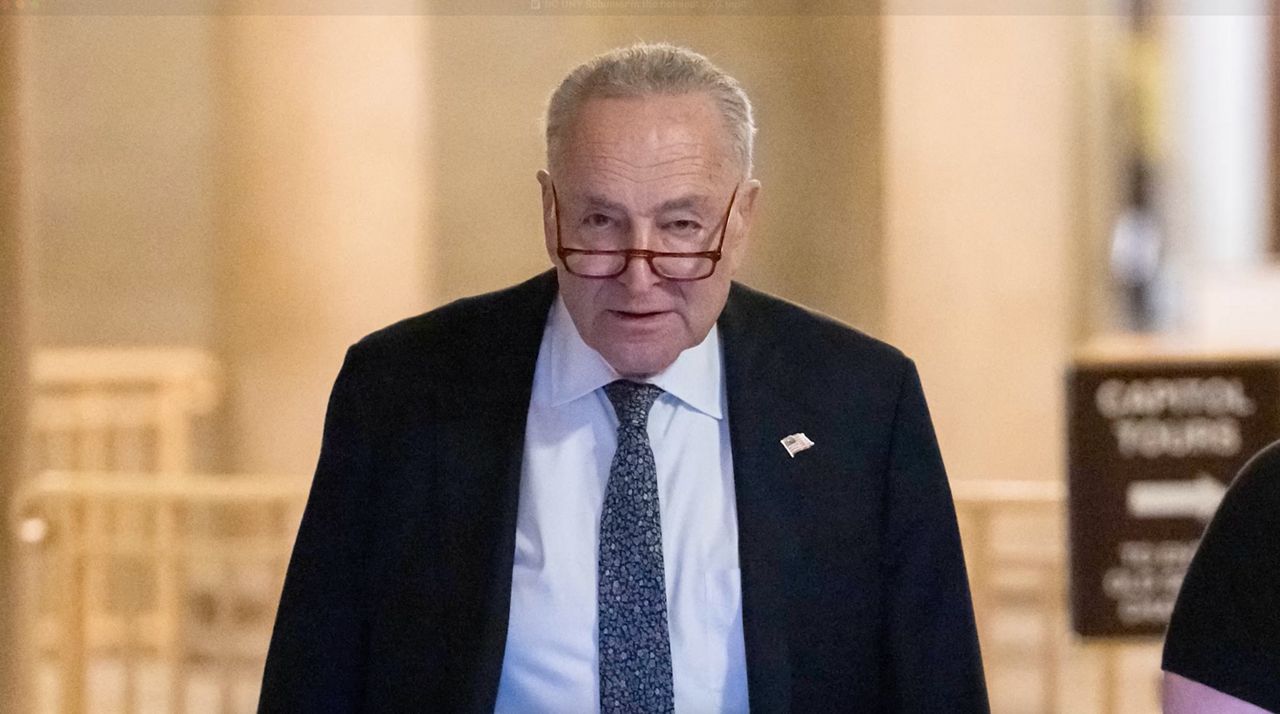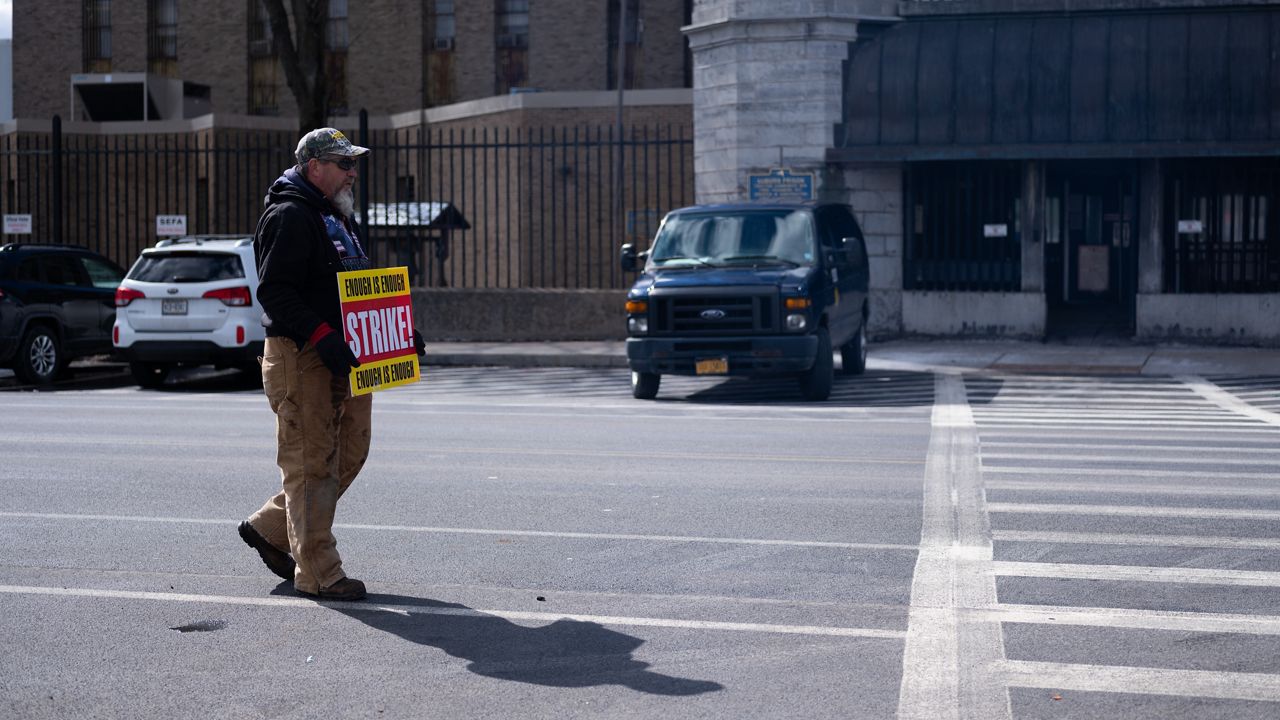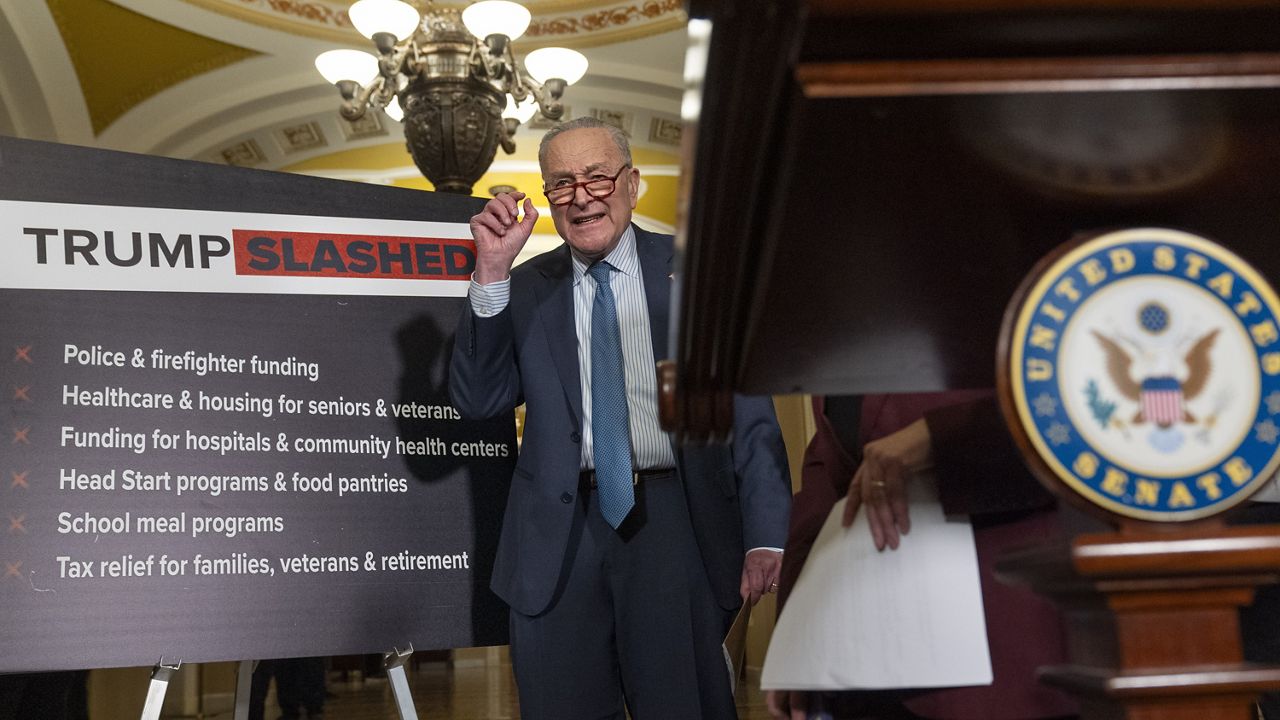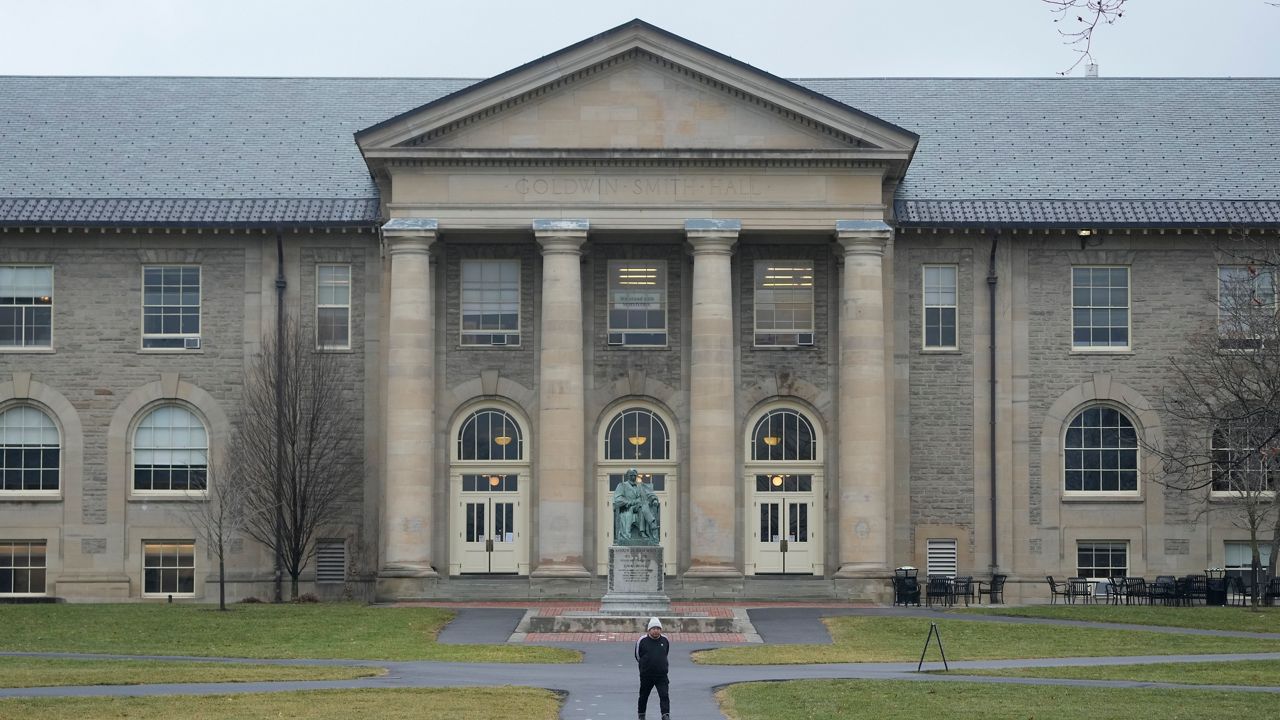As next legislative session approaches in New York, parole reform is topping the list of potential criminal justice issues.
That includes the "Elder Parole" bill, which would ensure people 55 and older who have been incarcerated for at least 15 years are given an interview with the parole board; and "Fair and Timely Parole," which orders the parole board to release eligible incarcerated people unless the parole case record demonstrates there is a “current and unreasonable risk the individual will violate the law if released.”
Pushing for lawmakers to pass the bills this session, Melanie Trimble, regional director for the New York Civil Liberties Union in the Capital Region, told Spectrum News 1 it’s about giving incarcerated people another chance.
“If we pass these two measures, they at least have the chance to come in and tell their stories,” she said. “To show how they have been rehabilitated, to show how they are going to help the communities they are returning to.”
She said now is the time to get legislation over the finish line.
“It has the support, it's not an election year, there are no excuses,” she said.
While 2025 may not be an election year for lawmakers, conversations about criminal justice issues are unmistakably impacted by the result of this year’s election and deliberations among Democrats about how such policies should be handled moving forward after Republican victories.
Assemblymember Harvey Epstein supports the reforms, which he emphasized would still give the parole board the final say.
“We’re not saying the parole board has to decide one way or another. If the parole board feels someone should remain incarcerated, that’s their decision,” he said.
Epstein said he feels the concept is a reasonable one for Democrats to get behind.
“I don’t think it’s inconsistent to say we should be tough on crime, but allow a path forward for people who have learned their lesson to get out,” he said.
On the other side of the aisle, Assembly Minority Leader Will Barclay feels the state should listen to what he described as the will of the voters in a state where concerns about crime were driving factors for many voters in 2022 and 2024.
“I hope a lesson was learned after this election. I can’t say I’m overly optimistic, but I know our conference will keep beating this drum,” he said.
Insisting that means pushing for further changes to bail reform and "raise the age," but not necessarily wiping the slate clean altogether.
“It’s a failure at all levels. We have to go back and look at these policies and look how we can improve them to make sure our streets are safe,” he said.
Epstein countered that runaway messaging from Republicans on issues like bail reform wasn’t properly countered by Democrats with their own data, ultimately skewing perception among some voters.
“We had a messaging problem,” he said. “Bail reform was the right path, but we made some mistakes along the way. But as long as we continue to figure out how we can message well, people will listen to us.”











